Arthur Cotterell - Where War Began: A Military History of the Middle East from the Birth of Civilization to Alexander the Great and the Romans
Here you can read online Arthur Cotterell - Where War Began: A Military History of the Middle East from the Birth of Civilization to Alexander the Great and the Romans full text of the book (entire story) in english for free. Download pdf and epub, get meaning, cover and reviews about this ebook. City: Mechanicsburg, year: 2022, publisher: Stackpole Books, genre: History. Description of the work, (preface) as well as reviews are available. Best literature library LitArk.com created for fans of good reading and offers a wide selection of genres:
Romance novel
Science fiction
Adventure
Detective
Science
History
Home and family
Prose
Art
Politics
Computer
Non-fiction
Religion
Business
Children
Humor
Choose a favorite category and find really read worthwhile books. Enjoy immersion in the world of imagination, feel the emotions of the characters or learn something new for yourself, make an fascinating discovery.

- Book:Where War Began: A Military History of the Middle East from the Birth of Civilization to Alexander the Great and the Romans
- Author:
- Publisher:Stackpole Books
- Genre:
- Year:2022
- City:Mechanicsburg
- Rating:5 / 5
- Favourites:Add to favourites
- Your mark:
Where War Began: A Military History of the Middle East from the Birth of Civilization to Alexander the Great and the Romans: summary, description and annotation
We offer to read an annotation, description, summary or preface (depends on what the author of the book "Where War Began: A Military History of the Middle East from the Birth of Civilization to Alexander the Great and the Romans" wrote himself). If you haven't found the necessary information about the book — write in the comments, we will try to find it.
Bloody fighting between rival tribes and clans has existed since the dawn of Homo sapiens, but war as we knew it began to take the more organized forms we recognize today in the ancient Near East, starting in the vital region near the Tigris and Euphrates Rivers (modern Iraq) and ultimately extending west to the Mediterranean Sea through what became the Holy Land of the Bible, a region eventually contested by Egypt, the Roman Empire, and others, and extending north and east into the mountains of Persia (modern Iran). In this informed and accessible history, Arthur Cotterell tells the story of how the story of the development of civilization is also the story of the development of organized warfare
This story begins around 4,000 to 3,000 BC with the Sumerians, one of the first dominant civilizations of fertile Mesopotamia, and their wars with their neighbors. The Sumerians eventually gave way to the Babylonians, whose period of dominance saw rudimentary great power rivalries begin to form with the likes of Egypt and the Hittites and the Battle of Kadesh (1274 BC). This period resolved with the fall of Babylon and the rise of other powers, ultimately the Persian Empire of Cyrus and Darius, one of the great ancient dynasties, which battled the Greeks directly (as chronicled in Herodotus) and indirectly as rival Persian factions battled each other (e.g., as chronicled in Xenophons account of the storied Ten Thousand).
In the period that followed, the Near East was dominated by Alexander the Great, whose legendary campaigns conquered Persia and ventured east into modern India. This era saw the refinement of the Greek hoplite tactics that remained standard for many hundreds of years. After Alexander the Great, and the rise of the Seleucids and Parthians where Persians once reigned, the Roman Empire began to exert its power in the region, especially at its colonies in Judea and Syria.
Spanning some 4,000 years and drawing anecdotes and quotations from ancient sources, Where War Began is a lively narrative of the origins of war in a region that is still afflicted by war and that still shapes global politics.
Arthur Cotterell: author's other books
Who wrote Where War Began: A Military History of the Middle East from the Birth of Civilization to Alexander the Great and the Romans? Find out the surname, the name of the author of the book and a list of all author's works by series.

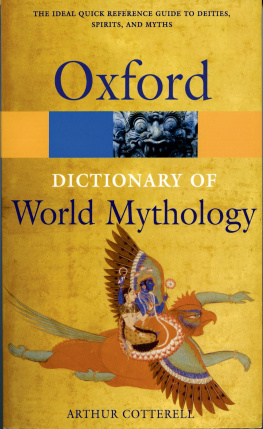
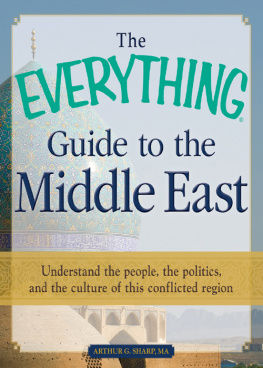
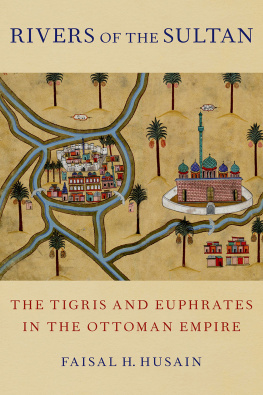
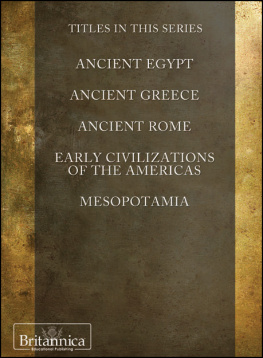

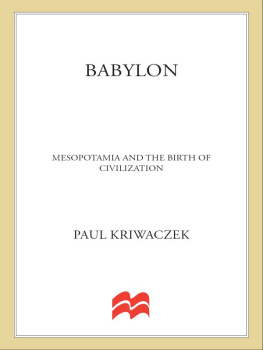
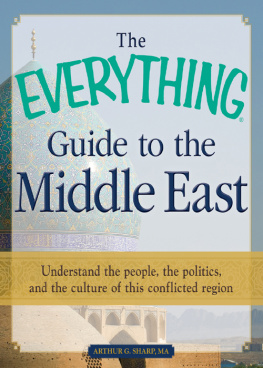
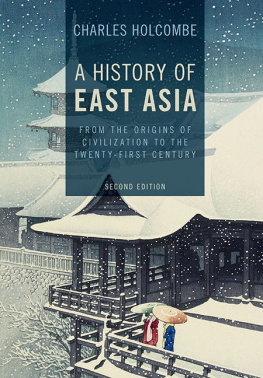

 The paper used in this publication meets the minimum requirements of American National Standard for Information SciencesPermanence of Paper for Printed Library Materials, ANSI/NISO Z39.48-1992.
The paper used in this publication meets the minimum requirements of American National Standard for Information SciencesPermanence of Paper for Printed Library Materials, ANSI/NISO Z39.48-1992.